Home » Responsible Travel
Instep Adventures isn’t simply our brand name. It is our motto. Our vision for tourism, done right.
Our logo symbolizes journeys made in step with others with whom we share this planet.
Our responsible travel charter helps us create adventures that are a force for good, enlightening you while benefitting the lives and places we touch.
The charter defines our commitments across the pillars of communities, wildlife & habitats, and the planet. All our tours and itineraries are created with the needs and sensitivities of these pillars in mind.
Travel touches the lives of innumerable local people and communities. We aim to ensure that this contact is mutually beneficial.
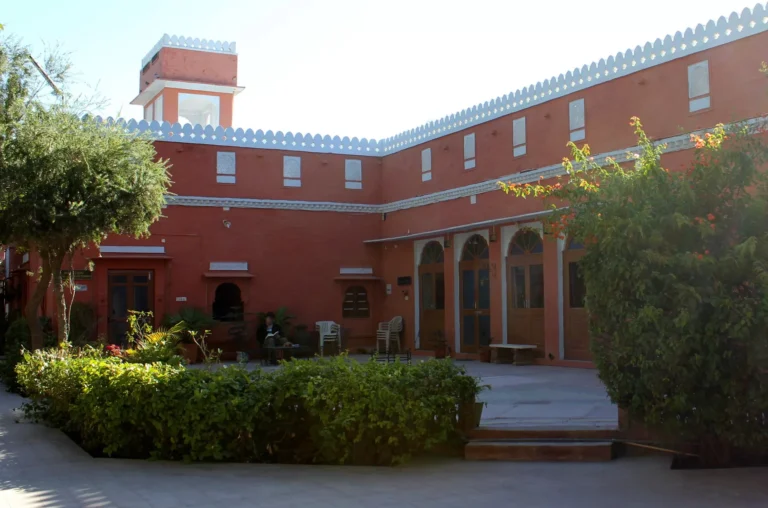
We seek out locally owned accommodation where possible. Several of our preferred properties are family run, and staffed by people from the local communities.
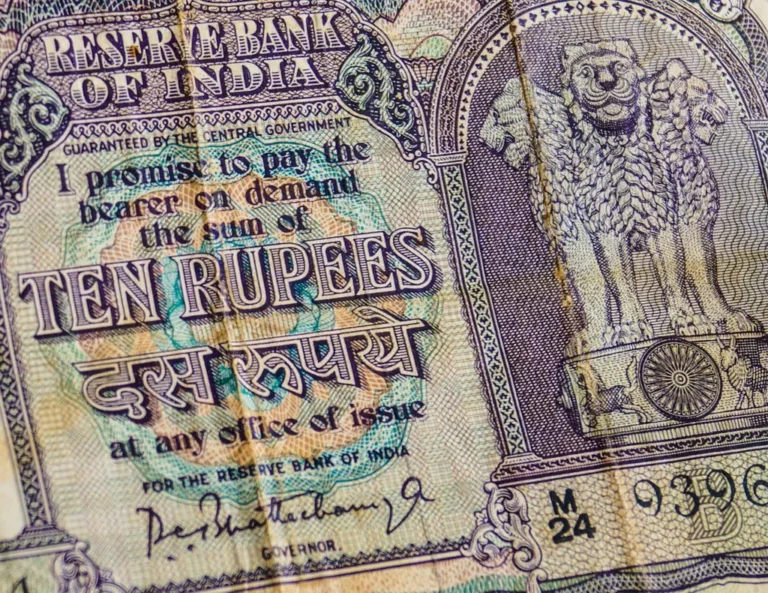
We strive to ensure our holidays equitably benefit local artisans, guides, drivers, wildlife guides, naturalists and hotel staff. We believe that tourism revenues should reach a range of local people and communities.
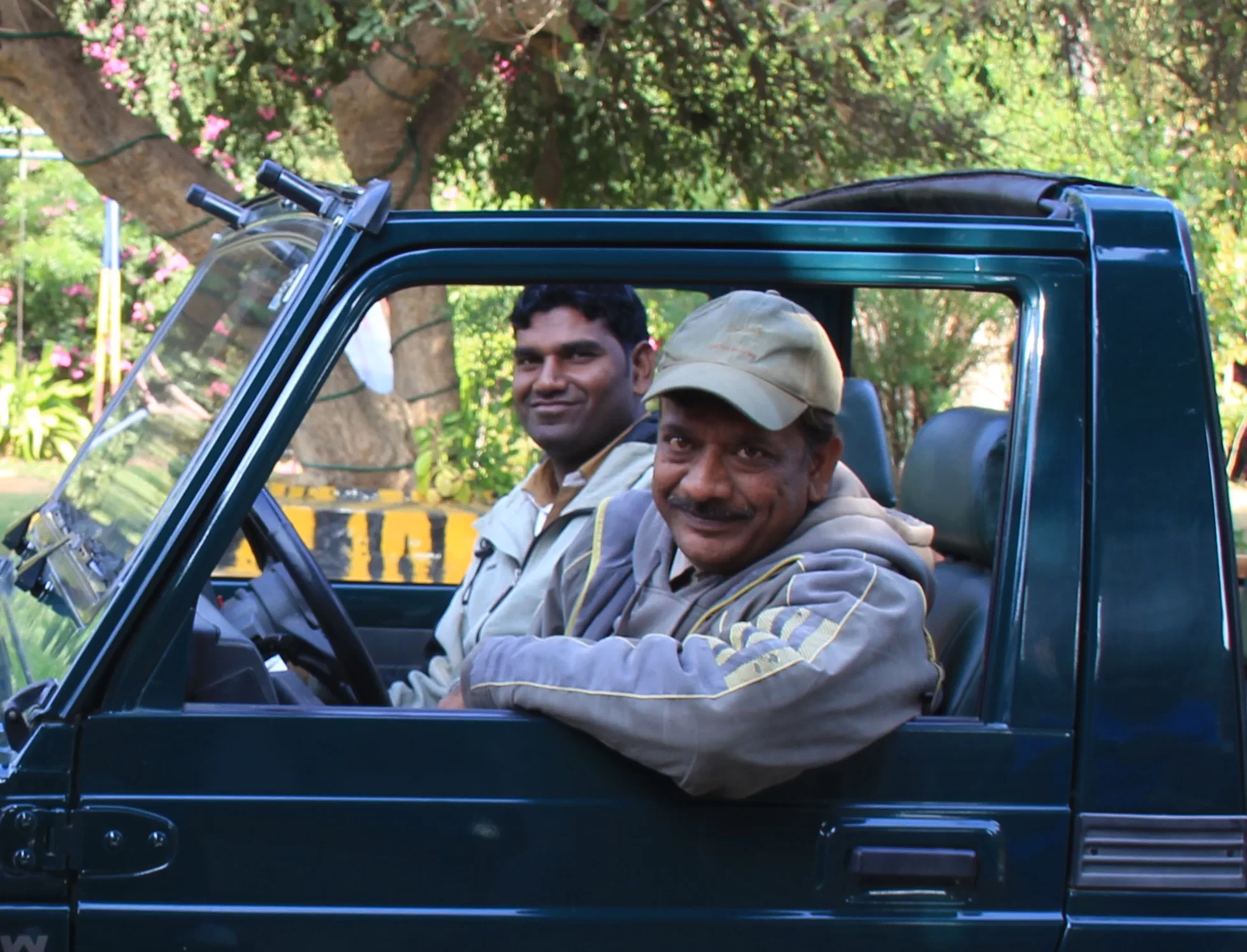
We ensure that the people involved in providing services on our holidays are paid a fair wage and are always treated fairly and with respect.
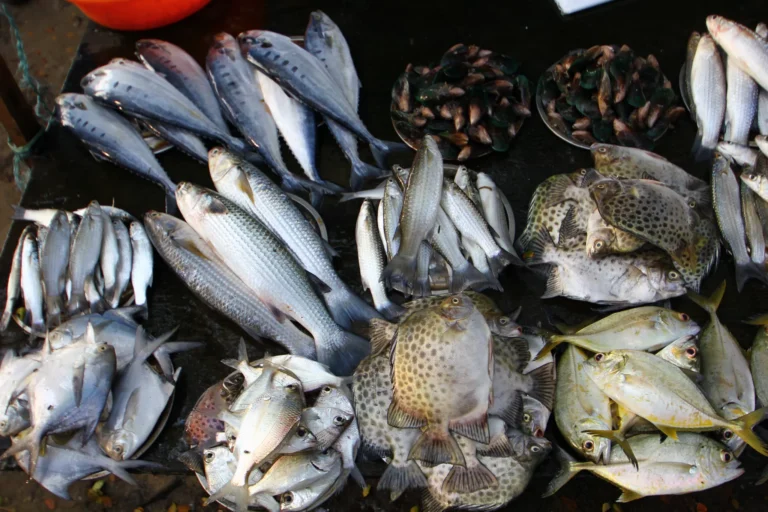
We seek out restaurants and hotels that serve local produce, such as fresh vegetables grown in nearby farms or fish caught by local fishing communities.
In several of our rural or semi-rural hotels, produce is grown on-site.

We aim to create itineraries that allow for interactions that promote mutual cultural understanding, and engender respect.
Dinner with a local family, a cup of chai with your wildlife guide after a safari, conversations on the train, a spot of cricket with the village boys.

We help preserve ‘intangible heritage’, recognised by UNESCO as integral to a region’s cultural heritage.
Our tours often include a chance to watch live arts performances or craftsmen and artisans at work, helping preserve art forms, trades and crafts.

School and orphanage visits, while mostly well-intentioned, are not universally welcomed by staff and children due to child welfare and disruption concerns.
We believe children everywhere deserve the right not to be treated as tourist attractions.
We only undertake these after due deliberation and consultation with staff on a case by case basis.

While one must never feel forced or obliged to tip, yet when done right, tipping remains one of the most direct ways tourism revenue can find itself in deserving local hands.
We are happy to advice you on local tipping cultures and reasonable tipping amounts.
On our tours, we tip when we feel it is deserved.
We believe that ‘wildlife tourism, done right’ is the best way to ensure long term survival of wildlife & habitats against threats such as deforestation, human-animal conflict and poaching.
Our wildlife encounters create everlasting memories for you while contributing positively to conservation.

Our authentic wildlife tours help provide long term employment to local communities in the wildlife tourism trade as guides, trackers, rangers and naturalists.
While visitors gain from the in-depth knowledge of local guides, it also helps convince locals of the value of conservation, steering them towards nature stewardship.
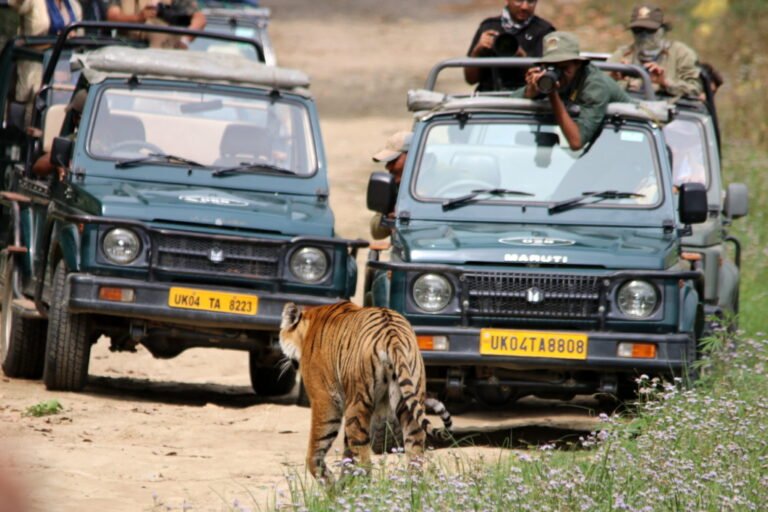
High visitor volumes in popular wildlife reserves damages ecosystems and causes stress to animals when surrounded by vehicles blocking their paths, getting too close, or being too noisy.
We combat over-tourism by visiting equally good but lesser known wildlife reserves. Over time, this helps develop these reserves and their local communities.
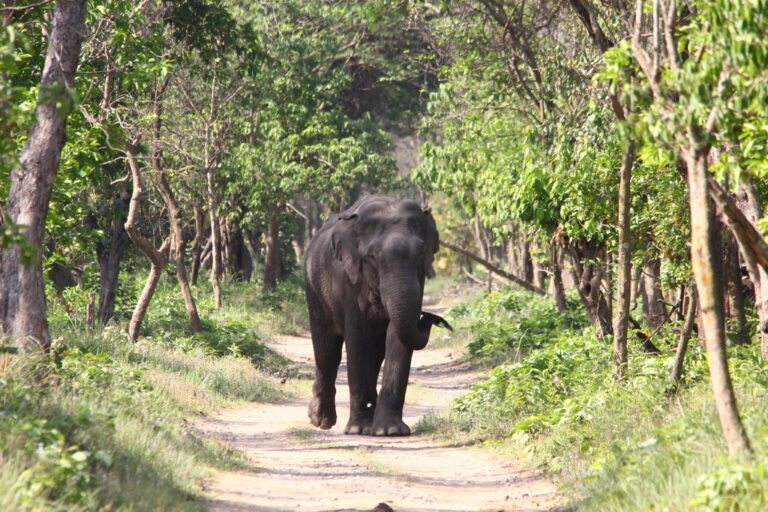
On our wildlife safaris, we observe animals from a reasonable distance, without causing undue disturbance or distress. We aim to give priority to the animal’s welfare over visitor experience.
We comply with wildlife reserve rules, and are always accompanied by expert guides and/or naturalists.

A surprising variety of birds and wildlife thrive in the leafy surrounds of historic monuments and urban public parks.
In areas adjoining, and at times in the middle of a heaving metropolis, there are abundant natural habitats off the tourist trail under severe threat.
Our visits to these areas increases awareness and helps support local conservation efforts.
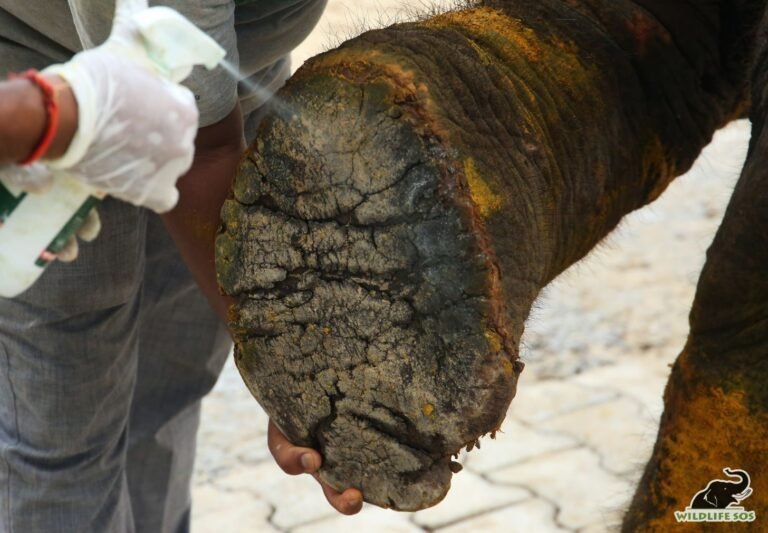
We only support and/or visit wild animals in captivity or semi-captivity under these strict criteria:

We don’t support any kind of animal performances.
We don’t encourage elephant rides, as captive elephants often suffer abuse and cruelty. We encourage you to inform yourselves of the threats faced by elephants and other wild animals due to captivity and commercial exploitation.
We stand against trade in wildlife products and the consumption of bush meat.
Our small actionable steps towards reducing our impact on the environment are two-fold: in our sustainable business practices in our office; and the choices we make on our tours and holidays.

We champion trains, and not just because we love them personally. We suggest travelling by trains, especially for longer journeys, or on scenic routes.
Our tours are designed to minimize or avoid domestic flights.
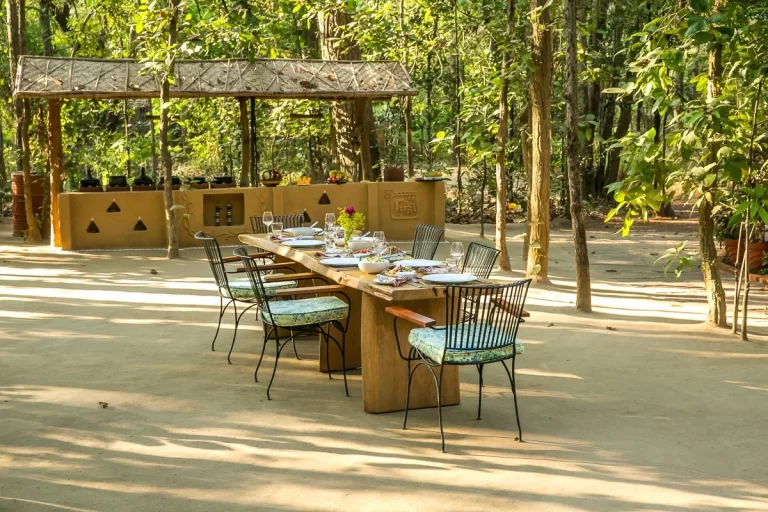
We use hotels and eco-lodges that demonstrate sustainability and actively reduce their environmental footprints.
Several of our recommended eco-lodges are evaluated and accredited by organisations such as TOFT, use rainwater harvesting and/or solar panels.

We engage with our suppliers to minimize resource wastage by using better practices in their offices, kitchens, laundries, gardens and swimming pools.
We also insist on recycling and waste management policies being in place.

We believe holiday carbon footprint grabs headlines while ‘at home’ footprints tend to go unnoticed.
Therefore, if you wish to carbon offset, we encourage you to consider offsetting a portion of your annual carbon footprint through a verified offsetting scheme of your choice.

Our office uses 100% green electricity, supplied by one of UK’s biggest green energy suppliers (think eight legged underwater creatures).
We actively minimize our paper use. We print business cards and brochures judiciously. We made the conscious decision not have a printer in our office, and aim to keep most of our communication electronic.
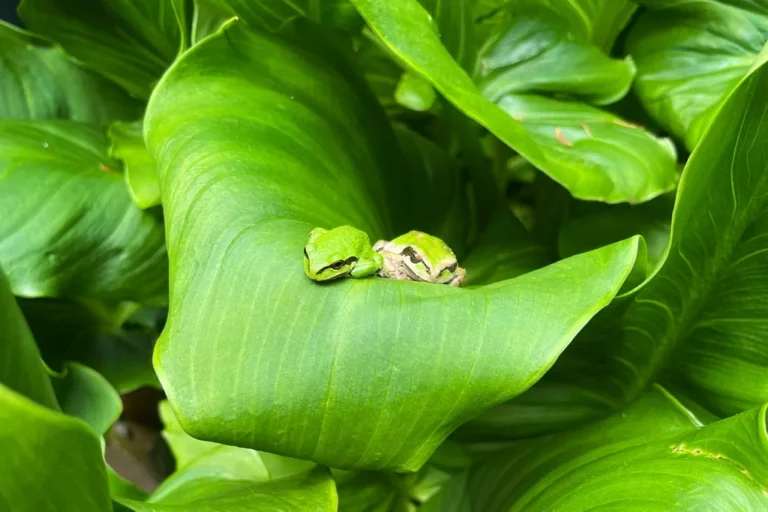
We actively select suppliers and partners whose views on responsible and sustainable travel align with ours.
From our advisors and guides to the hotels we recommend and the charities we support, every collaboration is first viewed through the prism of our Responsible Travel Charter.
For every holiday we sell, we contribute financially to organisations involved in causes aligned with our Responsible Travel Charter. The amount we donate is clearly shown in our invoice, and we encourage you to ‘top-up’ the donation if you wish.
We’ve chosen these organisations because we’ve admired their work over several years, and continue to be inspired by their efforts.
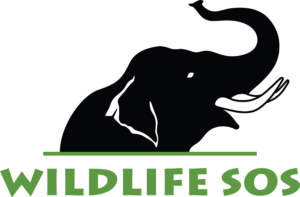


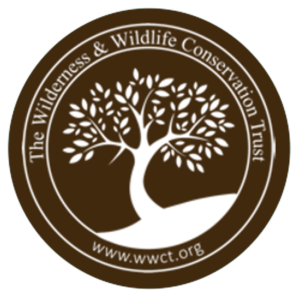


Wildlife SOS was established to protect and conserve India’s natural heritage, forests and biodiversity. They actively work towards protecting wildlife, conserving habitat, studying biodiversity, conducting research, and creating alternative and sustainable livelihoods for erstwhile communities that depend on wildlife for sustenance.
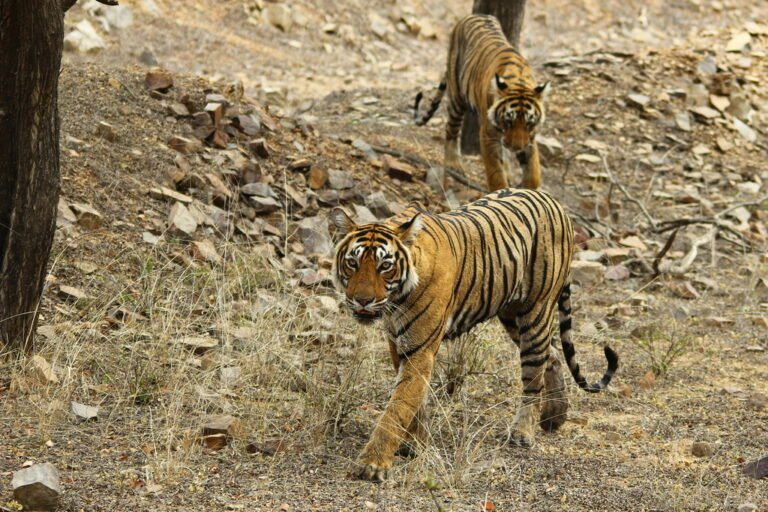
As part of our commitment to sustainable tourism practices, we are members of the TOFTigers campaign.
TOFTigers is a global initiative which aims to advocate, catalyse and support a more sustainable approach to tourism across South Asia.
Wherever possible, we use accommodation certified by TOFTigers’ internationally recognized certification programme.
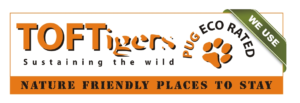


The Indian National Trust for Art and Cultural Heritage (INTACH) was formed to spearhead heritage awareness and conservation in India. Today INTACH is recognized as one of the world’s largest heritage organizations, with over 190 Chapters across the Country. INTACH has pioneered the conservation and preservation of not just India’s natural and built heritage but intangible heritage as well.
Headquartered in New Delhi, it operates through various divisions such as Architectural Heritage, Natural Heritage, Material Heritage, Intangible Cultural Heritage, Heritage Education and Communication Services, Crafts and Community Cell, Chapters, INTACH Heritage Academy, Heritage Tourism, Listing Cell and Library, Archives and Documentation Centre.
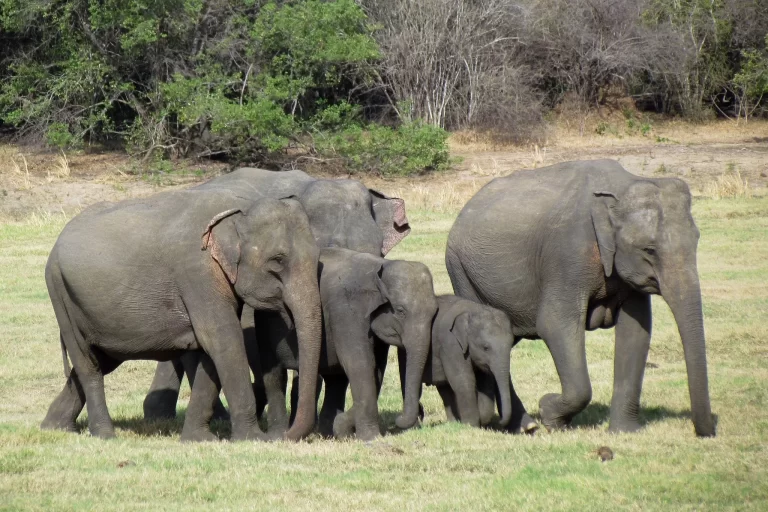
The main focus of the Centre for Conservation and Research (CCR) is Asian Elephant conservation, for which effective mitigation of human-elephant conflict is a key requirement. CCR advocate human-elephant coexistence, based on protecting crops and settlements through community-based electric fences and conducting awareness programs. CCR is currently working closely with the government of Sri Lanka to implement this approach on a wide scale.
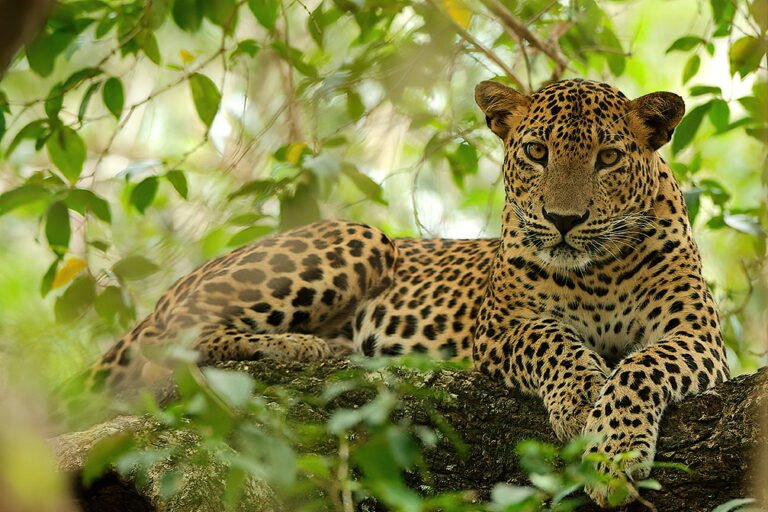
The Wilderness and Wildlife Conservation Trust (WWCT), founded in 2004, works toward the conservation and protection of the many species that call Sri Lanka home. Focusing primarily on the Sri Lankan leopard, the WWCT conducts ecological research in multiple locations across the island to establish key data relevant to the importance of the leopard and the influence this species has on its environment. In direct relation to its conservation, the WWCT also focuses on raising awareness through education in relevant organizations, communities, and schools to help maintain a peaceful human-leopard dynamic and to preserve the habitat in which the leopard, and other biodiversity, can thrive.
Opulent: Exceptional, unashamedly the best of sheer luxury. (£££££)
Luxury: Outstanding levels of 5* comfort, hospitality and facilities. (££££)
Premium: Excellent levels of comfort and hospitality and a wide range of facilities. (£££)
Mid-Range: Good levels of comfort and hospitality, with a reasonable range of facilities. (££)
Simple: Clean and simple, no frills. Often in areas of natural beauty or near wildlife reserves. (£)